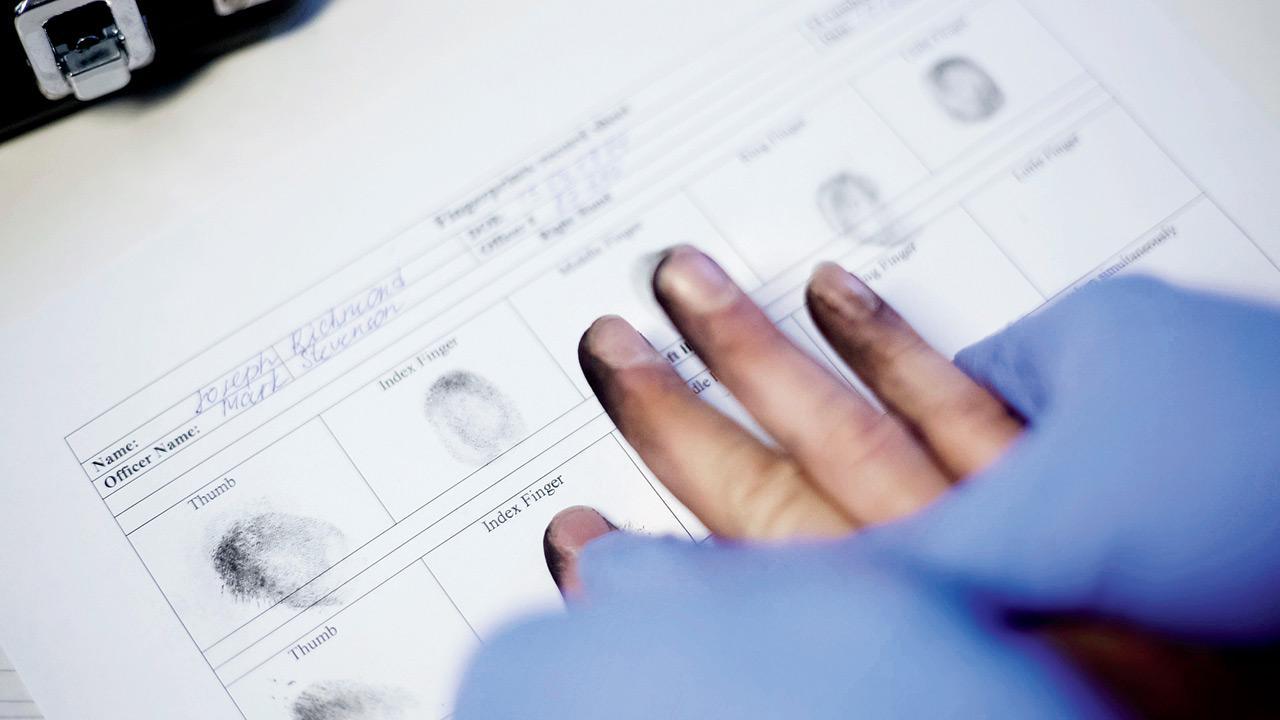mid-day discusses with three experts what the new bill could translate into and the areas that need to be addressed

Some experts are of the view that the new Bill extends the scope of investigation by allowing more identification markers such as voice sampling and DNA profiling, as opposed to only finger and footprints earlier. Representation pic
The Criminal Procedure (Identification) Bill 2022, which was cleared by Lok Sabha on Monday, has raised concerns among lawyers with some calling it attempts at infringement of privacy while others say the old act did not serve any purpose. mid-day held a discussion with experts—Additional Director General and Chief of Anti-Terrorism Squad, Uttar Pradesh Police, expert on interface of Forensic Law and Crime Investigation Dr G K Goswami, Dean of School of Law at Tata Institute of Social Sciences Dr Arvind Tiwari and Technical Advisor to Maharashtra Government Amol Deshmukh—to get their views on the issue.
ADVERTISEMENT
Edited excerpts:
Dr Goswami said, “I am of the view that the Bill is a much needed change for crime investigation in today’s digital age as the earlier Act was limited to collecting only fingerprints and footprints of prisoners. Database of criminals with identification markers is a global phenomenon, and India can no more be an exception. The proposed Bill broadens the scope of investigation beyond finger and foot prints and covers morphological and other unique human traits like voice samples as stated in Ritesh Sinha v. State of Uttar Pradesh, 2019, DNA profiling etc., which are very crucial today for crime scene investigation of varied nature.”
Need appellate authority
He, however, added, “Investigating agencies should strike a balance between the right of state and public rights vis-à-vis private rights, ensuring that there is no violation of the right to privacy and personal dignity as emphasised by the Supreme Court in intertwined judgments of K S Puttaswamy v. Union of India delivered in 2017 and 2018. The judicial intent must be adhered to by ensuring that there is not any infringement of privacy. Only in select cases, where habitual and professional offenders are involved, the scope of the identification methods can be put into use, and should not be put in practice in each and every case. In case of any dilemma, a superior officer of the rank of Superintendent of Police, can provide such directions.”
Dr Goswami suggested, “There is a need to have an appellate authority which can be approached in cases of misuse of coercive steps by police. Forensic psychology-based deception detection techniques (DDTs) such as narco-analysis, brain mapping and lie detector must be seen in different jurisprudential perspectives too and may be deliberated in the light of Selvi v. State of Karnataka case of 2010.”
Bill is much required
Professor Tiwari from TISS agreed with Dr Goswami and said, “We must understand that with changing times and increasing crime and civil disputes, some of the Acts and codes have become so obsolete that they have no relevance today and need to be repealed. The Prisoner (Identification) Act of 1920, is one such act, which had to be done away with, as it was only limited to prisoners and had limited scope for the jail staff/police. The new Bill is a much-needed change and will go a long way in maintaining a proper database of specialised heinous offenders—a practice which is already implemented by many developed countries across the globe.
He added, “We have come across numerous instances where blanket power has been misused by law enforcing agencies and the probability of such misuse cannot be ignored. As policing is a state subject and they usually get influenced by the ruling government, therefore it is important to have a competent authority, or a superior officer not below the rank of SP, who should be authorised for allowing such extraction of information, only in serious offences and not petty offence or else it will be a futile exercise and would lead to infringement of privacy and violation of Constitutional rights.”
Clarity on preventive measures?
Meanwhile, Deshmukh said, “The Bill has both sides to it. It is good that India is serious on strengthening internal security and is taking one more step towards crime prevention as it will boost conviction rate by making identification of serial offenders easier. Along with this, advanced technology like artificial intelligence and multimodal biometric systems will bring down narcotic cases, crime against women and also offences like robbery, theft, etc.”
Speaking about the opposition to the bill over violation of fundamental right to privacy, he said there was lack of clarity about preventive steps to ensure the collected data is not abused and this should be looked into.
 Subscribe today by clicking the link and stay updated with the latest news!" Click here!
Subscribe today by clicking the link and stay updated with the latest news!" Click here!







